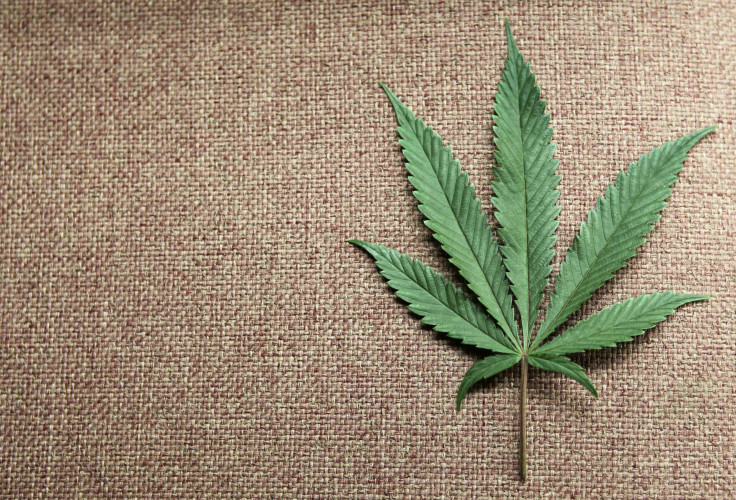Marijuana's Active Ingredient May Weaken HIV

HIV patients may receive benefits from synthetic derivatives of THC, an active ingredient in marijuana, according to a new study published in the Journal of Leukocyte Biology.
Researchers at the Temple University School of Medicine in Pennsylvania found that compounds related to THC stimulate the cannabinoid type 2 (CB2) receptor in white blood cells, which in turn seems to weaken HIV infection, says a press release from the Federation of American Societies for Experimental Biology (FASEB).
Previous studies have shown that activation of CB2 can lessen inflammatory response as well as the infectious nature of HIV in T cells and nervous system cells called microglia, the researchers write in their study. Using a cell culture model, they infected large white blood cells called macrophages with HIV and then added THC-like compounds, says FASEB. The results showed that the growth of HIV diminished over time and that the activation of CB2 by these compounds may even protect against HIV-related complications.
CB2-mediated suppression of HIV infection doesn't prevent HIV from entering cells, the team writes. "However, CB2 may affect the HIV-1 replication machinery," they add. "Results from a single-round infection with the pseudotyped virus revealed a marked decrease in HIV-1 LTR activation by the CB2 ligands. Together, these results indicate that CB2 may offer a means to limit HIV-1 infection in macrophages."
This weakening of HIV infection could also boost the efficacy of anti-viral therapy, says FASEB.



























